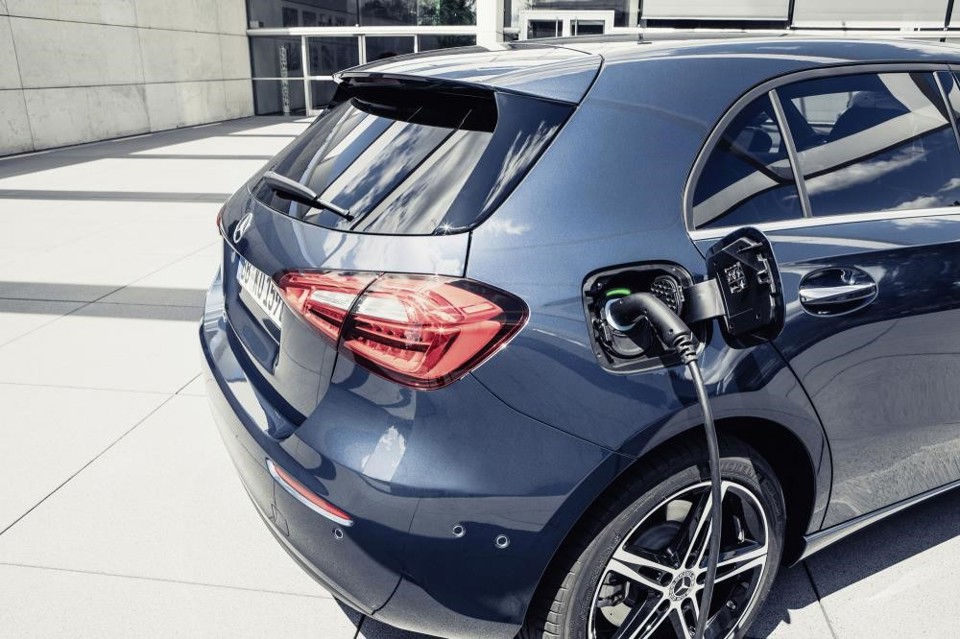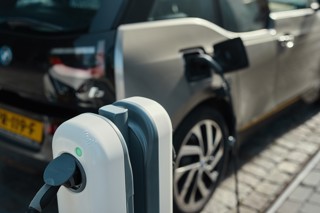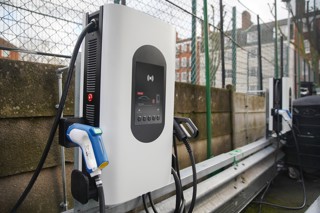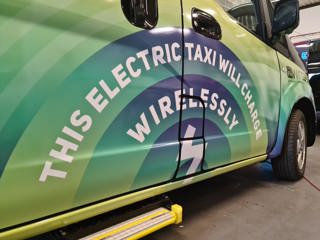Vehicle-to-grid (V2G) demonstrator project, E-Flex, has revealed that 86% of fleet managers plan to deploy electric vehicles (EVs) within the next five years.
The research, conducted by Opinium in partnership with E-Flex, surveyed 500 fleet managers across the UK on their attitudes to fleet electrification.
It shows that a quarter (27%) of fleet managers are already deploying EVs, but more than half say that their high is the main barrier to EV adoption.
Almost half (48%) said they were also worried about battery life and almost three-quarters (72%) said they are concerned about rising energy costs.
Despite these concerns, 53% agree that V2G technology could help with the transition to electric fleets.
Most EVs are fitted with uni-directional chargers, meaning that when a battery is charged, the power is stored until it is used. This, says E-Flex, could prove an inefficient model for fleets deploying EVs at scale in terms of cost and energy consumption unless the charge times and charge rates are smartly managed.
More than half (54%) of fleet managers recognise that V2G could reduce their energy costs by enabling bi-directional energy transfers that turn EV batteries into energy sources.
“V2G has the potential to bring fleets greater energy independence, new revenue streams, and an opportunity to significantly lower carbon emissions,” said Maria Hernandez, head of innovation at Cisco UK and Ireland.
“The real-life benefits of the technology are yet to be comprehensively demonstrated in the UK with E-FLEX, but further evidence of its ability to reduce costs and drive revenue could accelerate the electrification of fleets.”
EV deployment is expected to change dramatically over the next five years, with the majority (86%) of fleet managers planning to roll-out EVs to reduce business-wide energy usage. Yet, senior decision-makers working across other business units harbour scepticism about EVs, claims E-Flex.
More than two thirds of fleet managers say that this scepticism is unlikely to be overcome without a financial incentive. In fact, as many as two-thirds (67%) argue that being able to offer these is essential for EV rollout to occur.
E-Flex says that V2G technology represents a means of surmounting these challenges while offering commercial benefits.
More than half of fleet managers (53%) agree that V2G could support the grid at peak times, ensuring that mass adoption of EVs does not put unmanageable strain on energy resources.
Chris Rimmer, infrastructure strategy lead at Cenex, said: “Adoption of EVs is at a crucial turning point and the purpose of E-Flex is to demonstrate the value of V2G as a sustainable means of supporting fleet electrification.
“The successful demonstration of V2G technology will provide evidenced strategic options for organisations looking to run their fleet operations in a more sustainable and environmentally friendly manner.”























Login to comment
Comments
No comments have been made yet.